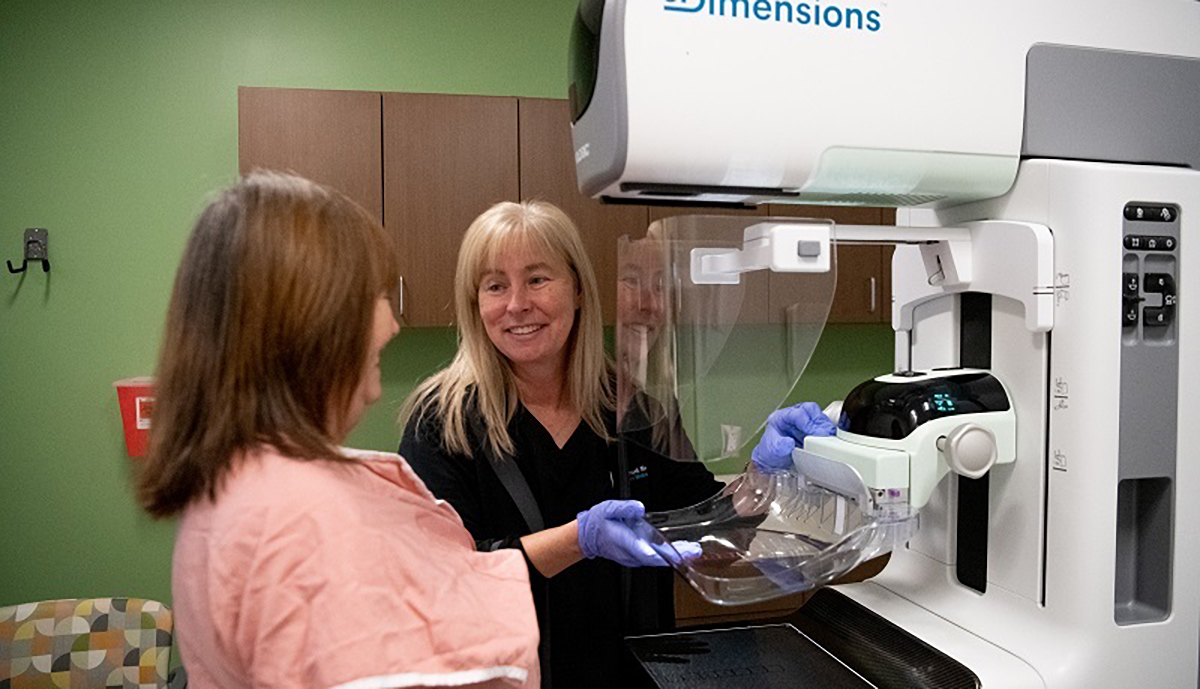A national panel reversed its decision and officially lowered the recommended age from 50 to 40 for routine screening mammograms, Hackensack Meridian Health announced.
The U.S. Preventive Services Task Force (USPSTF) issued guidance last week that women ages 40 to 74 should get screened every other year. The recommendations were published in the Journal of the American Medical Association.
“Previously, we recommended that women in their 40s make an individual decision with their clinician on when they should start screening, taking into account their health history, preferences, and how they value the different potential benefits and harms,” the USPSTF said in a statement.
The panel has continued to suggest screening every two years for women who are at average or higher risk of breast cancer.
Troubling Statistics
This change was driven in part by an increase in the number of women in their 40s getting breast cancer, with rates increasing about 2 percent each year. Breast cancer is the second-most common cause of cancer death for U.S. women.
About 240,000 cases are diagnosed annually and nearly 43,000 women die from breast cancer. breast cancer makes up nearly 30% of new cancers in U.S. women each year, and it is estimated that 1 in 8 women will develop breast cancer throughout their lives.
Non-Hispanic White women have the highest incidence of breast cancer and non-Hispanic Black women have the highest mortality rate. The agency said there is insufficient evidence to determine the balance of benefits and harms of screening mammography in women 75 years or older.
Other organizations have long pushed for regular mammograms beginning at age 40 including the American College of Radiology, the American College of Obstetricians and Gynecologists, and the American Society of Breast Surgeons. However, primary care doctors recognize the task force as the official body regarding preventive testing.
About the U.S. Preventive Services Task Force
The U.S. Preventive Services Task Force is an independent, volunteer panel of national experts in disease prevention and evidence-based medicine. The Task Force works to improve the health of people nationwide by making evidence-based recommendations about clinical preventive services.











